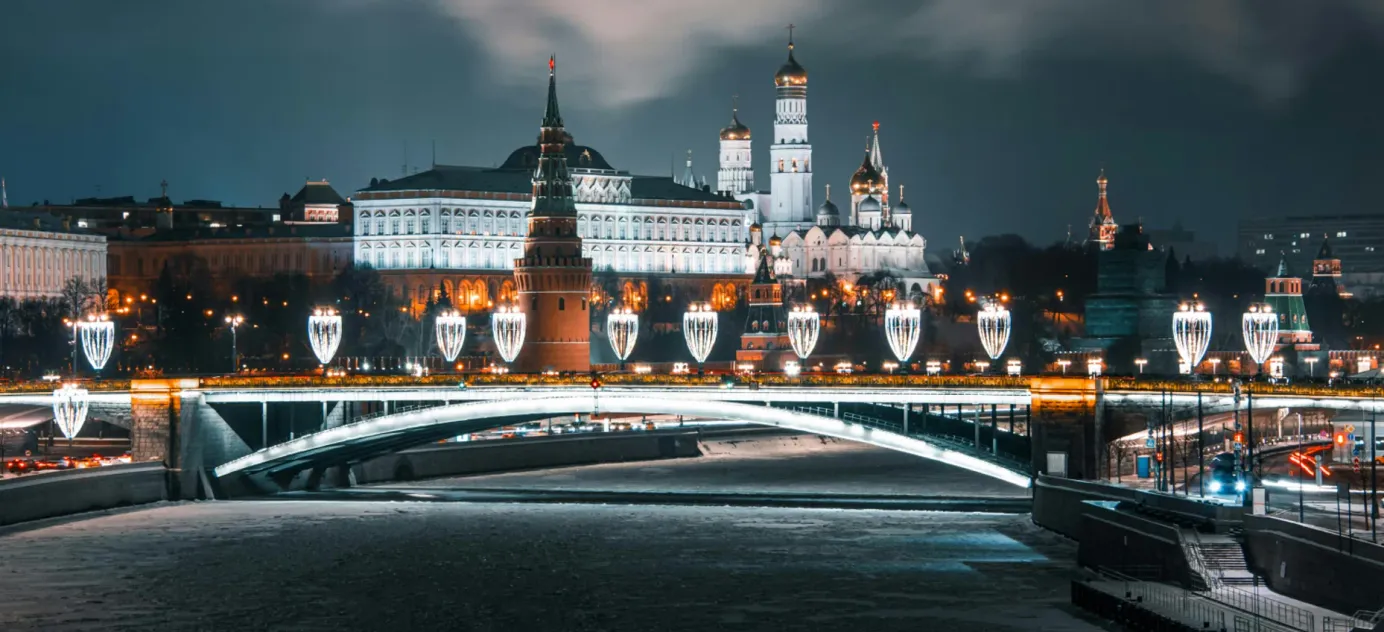
Valdai’s fall from relevance
Last week, Vladimir Putin spoke at the 20th anniversary meeting of the Valdai Discussion Club, an annual platform that sets about painting a picture of the world and international relations as seen through the Kremlin’s eyes. In the second Valdai meeting since the invasion of Ukraine, Putin once again returned to his familiar theme of Western colonialism and Russia’s struggle against American hegemony.
- The Valdai Club meetings began in Russia in 2004, taking its name from Lake Valdai, located between Moscow and St. Petersburg. The lake is one of Putin’s favorite places – where we can find a presidential residence, as well as the Russian leader’s home with the suspected mother of his children, gymnast Alina Kabaeva.
- The founders of Valdai, a group of NGOs with close links to the presidential administration, initially wanted a forum to tell foreigners about Russia. The first conference in 2004 was staged under the theme of “Russia at the turn of the century: hopes and reality.” One of its founders, political analyst Sergei Karaganov, said at the time: “Slowly, [Russia] is becoming a normal European power.” (More recently, Karaganov has taken to urging Russia to launch a nuclear strike against Poland). In a tragic coincidence, the first iteration of the forum took place just as terrorists seized a school in Beslan, resulting in the deaths of 300 people, including almost 200 children.
- Initially, Valdai was genuinely international. Renowned professors from American and European universities attended the first gathering. In other years, the forum welcomed leaders of various nations — albeit ones that did not hide their affection for Putin and Russia. They included former Czech president Vaclav Klaus, ex-South African president Thabo Mbeki and former French Prime Minister Francois Fillon. Since last year’s invasion of Ukraine, though, foreign interest in the forum has dwindled. This year saw no high-profile foreign participants, with the biggest non-Russian name on offer probably Charles de Gaulle’s grandson Pierre, who has become an active supporter of Russia over the last couple of years and regularly tours the pro-Russian speaking circuit.
- After 2014, when Russia annexed the Ukrainian territory of Crimea, Valdai changed format and stated its mission was to “set the global agenda.” The discussion club, which always featured an address from Putin, turned into a high-profile explanation of Moscow’s current foreign policy course by international professionals with experience in world politics, wrote Dmitry Trenin, director of the Moscow Carnegie Center at the time. But such a format stopped short of sharing details of Russia’s actual foreign policy strategy, relying more on ideology. Putin, for instance, has used Valdai to outline the guiding principles of his foreign policy and his vision of global development.
- In this year’s three-hour address at Valdai, which took place in the mountains close to the southern resort of Sochi, Putin said almost nothing new. The key message for the international audience was as before – a familiar compendium of anti-American theses and a list of grievances against the West. The only point of genuine interest was his comments on the fate of Wagner Group founder Yevgeny Prigozhin. Putin hinted that Prigozhin’s plane might have crashed after a hand grenade exploded on board, before speculating that although the bodies of the deceased had not had toxicology screenings, a previous search of Prigozhin’s St. Petersburg office had turned up 5kg of cocaine.
- Journalists regarded the theory that Putin was getting at as untenable. First, Prigozhin himself never had any known issues with drugs or alcohol, according to people who knew him. Second, even on a private plane it’s not easy to smuggle a grenade on board. It would require approval from the transport security service, which is supervised by an FSB officer.
Why the world should care
As war rages in 2023, Valdai now feels like an echo from the past and a tribute to tradition. There are now many forums to discuss “Russian civilization” and Putin’s current narrative was lifted straight from his periodic public speeches, offering little new.





